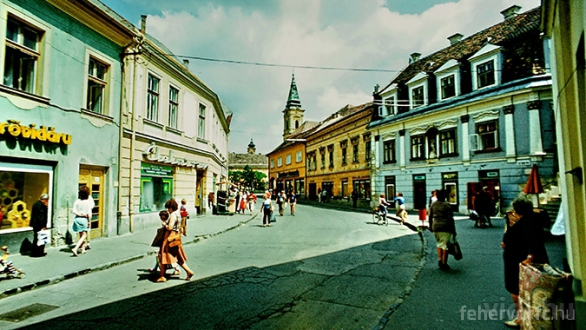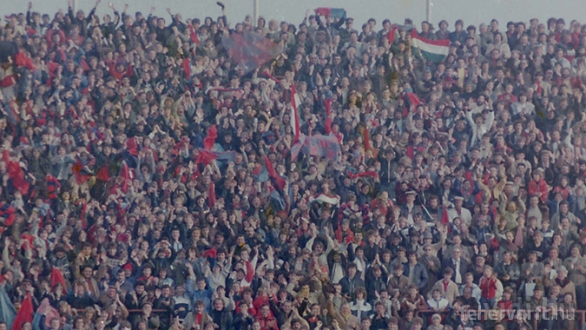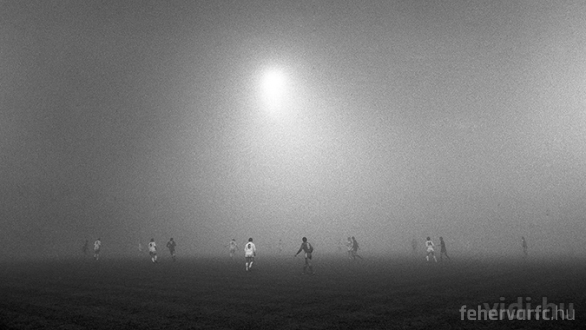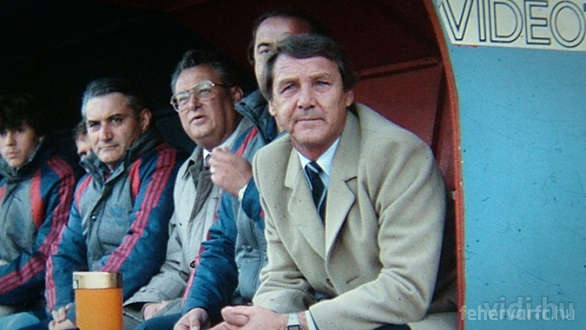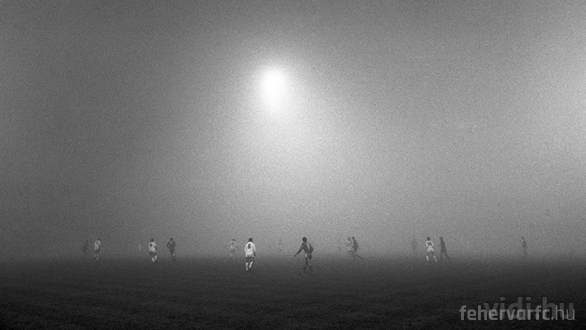We took a look back at what life was like in Hungary in November 1984. How much did the average person earn, what did the newspapers write about, which pop band released a record and what did the country celebrate on the 7th November?
- The afternoon 16:30 kick off time for the Vidi - PSG match started at the same time as the Fehervar Republic Cinema, with the recently departed Russian director Pjotr Todorovszkij Combat Infantry film showing, while the Petőfi cinema had Hugh Hudsons' Chariots of Fire film. The latter film was produced in 1981, winning countless awards in 1982, including an Oscar for the best film. It was shown in Hungarian cinemas at the end of '84.
- The non-working day- which fell on Wednesday resulted in the hotels, Tobaco shops, sweet stores and flower shops having Sunday opening hours in Szeksesfehervar. All other shops remained closed. Designated restaurants sold milk, bread and pastries. No, it was not a non-working day becuase of the Videoton match, but because the Eastern block countries celebrated the 67th anniversary of the October 1917 Russian Revolution. - The local Fejer county paper fails to mention the successes of Videoton, either on the match day or the paper that followed after going through to the next round (it is true that the sports section has a full report after both games). - In 1984 5452 forint was the average salary in Hungary. - The Vidi - PSG entrance fee cost 200 forint. - The Szekesfehervar Ikarus factory handed over it's 200,000 bus that was produced there. - There were no winners in the 44th week of the Lotto, which had a 13+1 game, which would have earned somebody 565,654 forint, or 100 times the average yearly wage in the country. - Tourist offers to Budapest for the Christmas and New Year were available. A five day Christmas trip with Leipzig as the destination, including halfboard, cost 4450 forint, while New Year in Berlin, with the same parameters cost 5800 forint. - There were several popular records released in the first week of November 1984, inlcuding Hungarian singer Peter Mate and his song Elmegyek, which means I will go. Miklos Fenyo's new album cost 100 forint.



Author: David Rechnitzer

